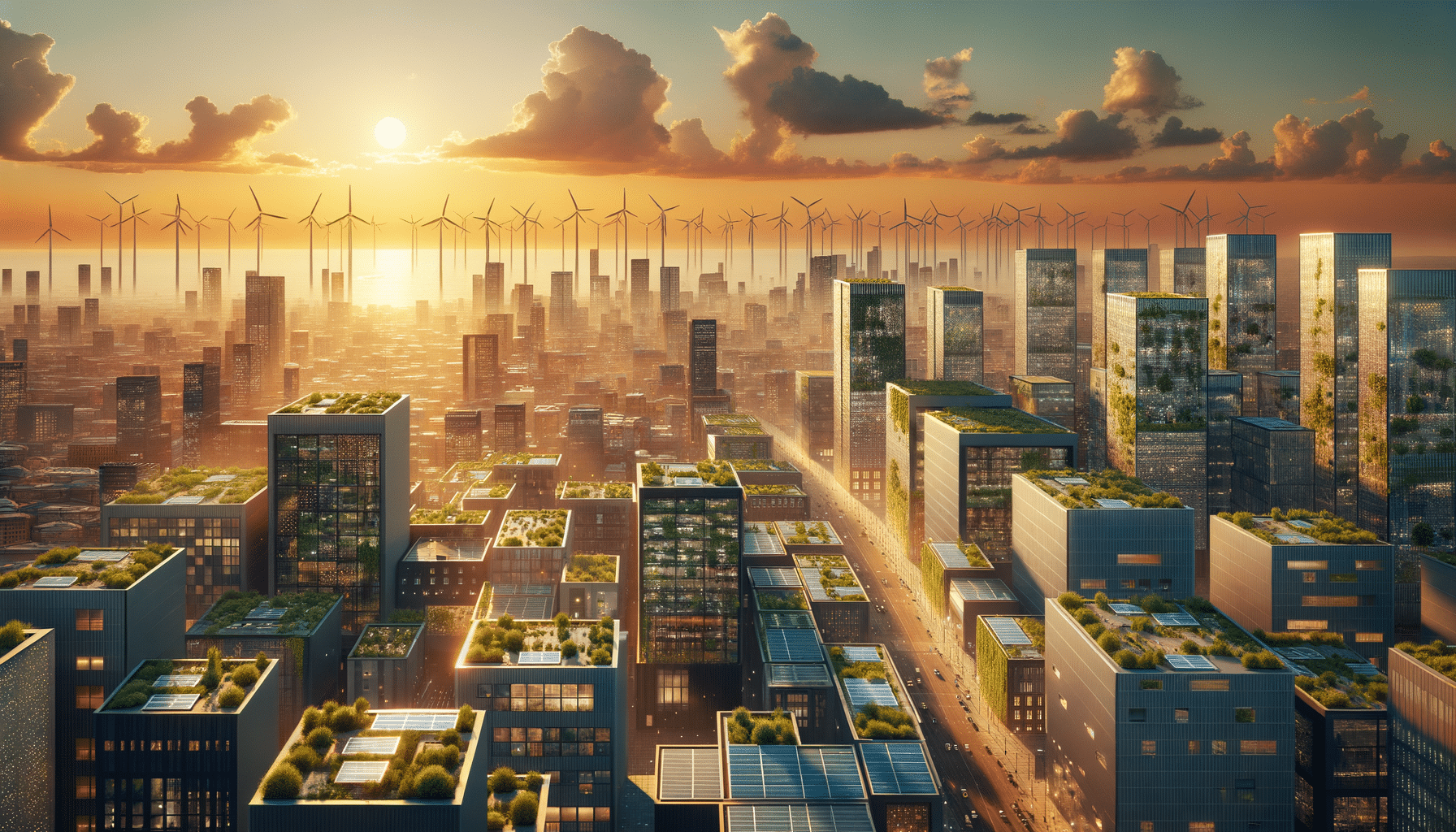
Exploring Technology: Innovations and Tech Advancements
The Evolution of Technology Through the Ages
The journey of technology hath been a wondrous tale, from the primitive tools of yore to the complex machinery of the present day. In its earliest forms, technology was but a simple extension of man’s will, enabling tasks to be completed with greater ease and efficiency. The wheel, the plough, and the loom were among the earliest inventions that transformed human life, paving the way for future innovations.
As time marched on, the Industrial Revolution heralded a new era, marked by the rise of steam engines and mechanized production. This period of rapid change not only altered the landscape of industry but also the very fabric of society. Factories sprouted like mushrooms after a rain, and cities grew to accommodate the burgeoning workforce. It was a time of great upheaval and progress, setting the stage for the technological marvels we witness today.
In the modern era, the digital revolution hath brought forth a plethora of advancements, from the internet to smartphones, each playing a pivotal role in shaping our daily lives. These innovations have not only connected the world in ways previously unimaginable but have also democratized access to information, empowering individuals and communities alike. As we stand on the brink of further breakthroughs, such as artificial intelligence and quantum computing, one can only wonder what the future holds.
The Impact of Technology on Society
Technology’s influence on society hath been both profound and multifaceted. It hath transformed the way we communicate, work, and even think. The advent of the internet, for instance, hath made global communication instantaneous, allowing ideas and information to traverse vast distances in the blink of an eye. This connectivity hath fostered a sense of global community, breaking down geographical barriers and enabling collaboration on an unprecedented scale.
In the realm of work, technology hath revolutionized industries, automating tasks that were once labor-intensive and creating new fields of employment. Remote work, made possible by digital tools, hath become increasingly prevalent, offering flexibility and convenience to both employers and employees. However, this shift hath also raised concerns about job displacement and the future of work, prompting discussions about the need for reskilling and adaptation.
Moreover, technology hath reshaped our cognitive processes, influencing the way we process information and make decisions. The constant influx of data and stimuli hath led to shorter attention spans and altered our perception of time. While these changes present challenges, they also offer opportunities for growth and innovation, urging us to adapt and evolve alongside our technological creations.
Technological Innovations Shaping the Future
The future of technology promises to be as exciting as it is uncertain. Among the most promising fields are artificial intelligence, biotechnology, and renewable energy. These areas hold the potential to address some of humanity’s most pressing challenges, from climate change to healthcare.
Artificial intelligence, in particular, hath garnered much attention for its ability to process vast amounts of data and make decisions with unprecedented speed and accuracy. Its applications are vast, ranging from autonomous vehicles to personalized medicine, each offering the potential to improve lives and enhance efficiency. However, the rise of AI also raises ethical concerns, prompting debates about privacy, security, and the role of machines in society.
Biotechnology, too, holds great promise, with advancements in genetic engineering and synthetic biology offering new ways to combat diseases and improve quality of life. Meanwhile, the push for renewable energy sources, such as solar and wind, seeks to mitigate the effects of climate change and ensure a sustainable future for generations to come.
As we venture into this brave new world, it is crucial to approach these innovations with both optimism and caution, ensuring that they are harnessed for the greater good and that the benefits are shared equitably across society.